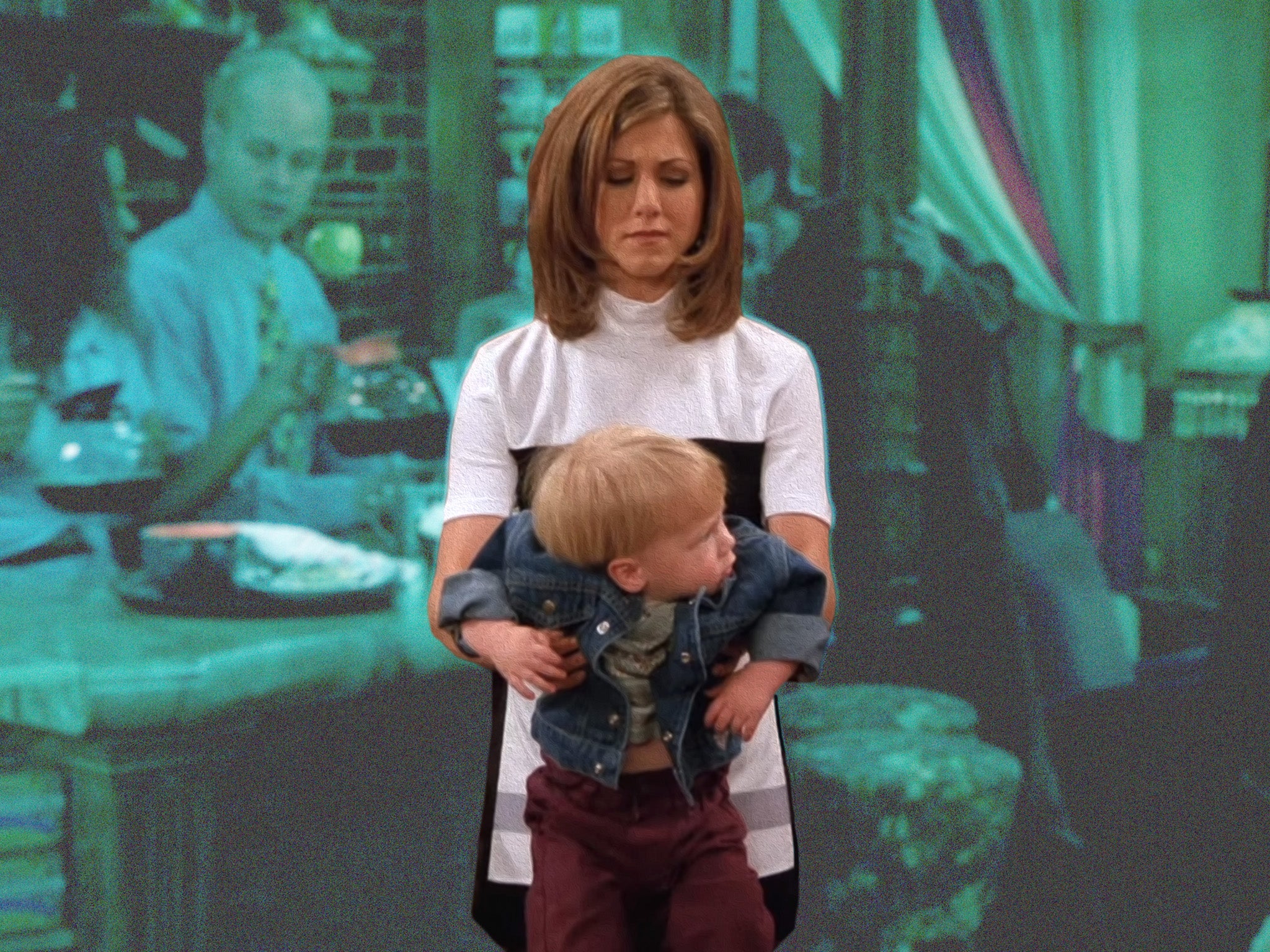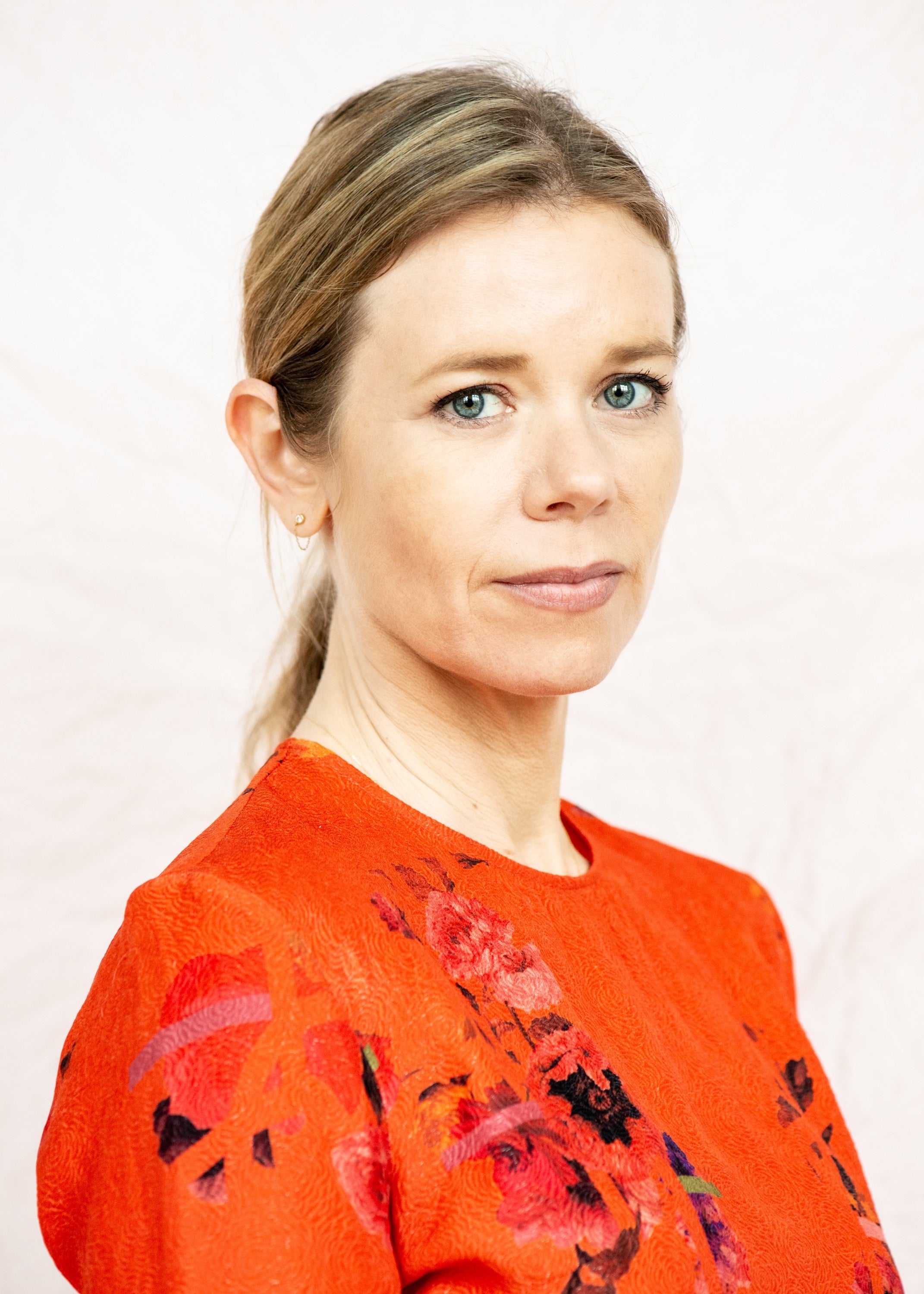Society says I’m selfish for not wanting children. Finally, a book is speaking for women like me
In her new book ‘Women Without Kids’, journalist and author Ruby Warrington digs into the stereotypes and misconceptions surrounding the childless-by-choice. For Kate Ng, it put her own thoughts into words


At best, a woman who is not also a mother is a strange bird, faulty goods,” writes author Ruby Warrington in her new book Women Without Kids. “If she can’t have kids she is often portrayed as sad and damaged; if she simply won’t, she is either deluded, destined to regret it, or written off as cold-hearted, narcissistic and career-obsessed. What a selfish c***.”
I’ve often wondered about that myself. Not in such colourful language, I should say, but certainly if I’m being selfish for not wanting to have children. From the second I got married three years ago, a single question has followed me around like body odour: “Are you going to have a baby?” I am reminded with every pregnancy test advert that appears on YouTube, every mummy influencer served up to me by the algorithm, every contraceptive pill I pop day after day.
I am luckier than most because my family has never pestered me about it. If anything, they know that, being a 30-year-old woman with no savings, no house and an irrational fear of vomit, I’m probably not compatible with the demands of mothering. But whenever I’m in the throes of conflict, I think of the time my mother-in-law wondered if she should keep in the loft the baby clothes she’s been saving for each of her not-yet-born grandchildren. I remember her shooting a furtive glance my way and saying softly: “Maybe you might want them someday.” I know she means well. But the wistfulness in her voice filled me with dread. Oh god, I thought. Am I supposed to say yes? But every fibre of my being is screaming at her to keep those clothes away from me. I will have no use for them. Then I wonder: doth the lady (meaning me) protest too much? Maybe I will change my mind, just like the older women in my life told me I would when I was young.
Regardless, the question is like an itch I can’t reach. When I speak to Warrington over Zoom, it becomes obvious that she gets it. Now 47, Warrington is the former editor of the Sunday Times Style supplement and the woman behind Sober Curious, a book and a podcast about the process of changing the way we drink alcohol. Hailing from London, she now lives in Miami with her husband, Simon, and they both identify as being “childless by choice”.
Warrington tells me she once felt the same way as I did, torn between knowing she did not want children and wondering what she was missing out on. In Women Without Kids, she picks apart with brutal honesty all the things that have happened in her life that led to the decision of all decisions – from family dysfunction to prioritising her career and autonomy, to never feeling the “pull” of maternal longing. Her tone is candid but non-confrontational and she invites the reader to examine their own life path.
“I used to feel like there was something that didn’t connect properly with me,” she says. “It did turn into a lot of internalised shame, even though I knew that this was the right path for me. I still had a lot of, ‘Oh, there’s something kind of wrong with me for not wanting that thing’. When people talk about this physical yearning to have a child, or say things like, ‘Oh, when I’m around babies, I can feel my ovaries twitching’ – I’m like, no, I don’t feel that at all.”
On our Zoom call, I practically shout: “That’s me, too!” I didn’t realise how much I needed to hear another woman echo my own thoughts. I think of all the babies that have come into my friends’ lives in the past three years and how – as happy as I am for them – I can’t ever imagine that happening to me.
What I hope to show in these pages is that every woman who challenges the conventions of motherhood is a force for change
Warrington tells me that ever since she began working on Women Without Kids and speaking about her own experiences publicly, the overwhelming response she’s had from women has been like mine. “I’ve been immersed in the subject for the past three years, so I thought this was a thing that was very much in the discourse and we were all totally aware [of it],” she says. “But I realised [that] we’ve been talking around the subject but never specifically about ourselves.”
She points towards recent data on the ageing population and the declining birth rate around the world, as well as the childcare crisis sparked by the pandemic. It seems to have emphasised how little progress has actually been made in terms of gender roles when it comes to parenting. Mothers still shoulder the bulk of the work.
“Since the Nineties, there hasn’t really been anything that gets under the skin of the multiple, very valid reasons that people might decide not to have children,” she explains. “There are people making that decision for all kinds of different reasons, which are very individualistic, but I haven’t found anything that actually speaks to how important it is to consider this decision, [and] consider this life path very deeply.”
In her book, Warrington is methodical in her research, presenting data alongside conversations with experts like Jody Day, founder of Gateway Women, a network for childless women; US psychologist Jeanne Safer, author of Beyond Motherhood; and Israeli sociologist Orna Donath, author of Regretting Motherhood. She also includes snippets of testimonials from other women who have chosen not to become mothers, after dozens responded to an online survey she conducted. The book also asks the reader to explore their own feelings. I found a number of questions it raises to be surprising and introspective: “What did you want most for yourself when you envisioned your life as an adult?” “What do you fear most about the future?” “What, if anything, is missing from your life?”

“When I had the idea for the book, I decided I was going to approach it very thoroughly and I read a lot of academic books about motherhood, interviewed social scientists, psychologists and evolutionary biologists to understand what it actually means to become a mother,” Warrington says. “These questions were formulated out of that research, and it’s about approaching the subject critically and weighing your needs and circumstances against your choices and the choices you’re being encouraged to make. Either by other individuals or by societal messaging and conditioning.”
She recalls a conversation with a friend in the early days of her research that has stuck with her. “She said, ‘Becoming a parent is literally one of the only decisions that you can’t unmake’. And not only can you not undo it, but now you’ve brought another human being into the equation as well.”
I nod furiously. The weight of the responsibility and impact that comes with having a child should be considered carefully and at length. It’s always seemed mad to me that some people would advise others to “just do it”, as though it were as simple as deciding what to have for dinner. And even that is hard sometimes.
So, what does a woman without children look like? Perhaps the more important question is, what could she look like? Warrington’s book offers a new, exciting vision of this person, one who is part of an “unsung sisterhood” and does not discriminate between anyone being child-free by choice or childless by circumstance. “What I hope to show in these pages is that every woman who challenges the conventions of motherhood is a force for change, both individual and collective,” she writes. “Not because of the things she does, but because of who she is.”
It gives me hope that maybe I can finally stop thinking of those baby clothes in the loft. Instead, maybe I can, as Warrington says, start thinking about my place in history that’s just waiting to be written.
Join our commenting forum
Join thought-provoking conversations, follow other Independent readers and see their replies
Comments


Bookmark popover
Removed from bookmarks